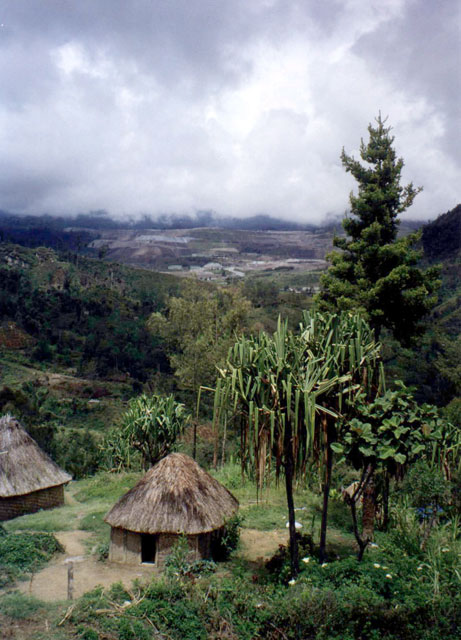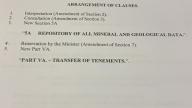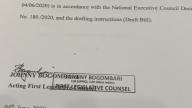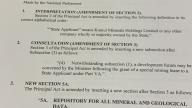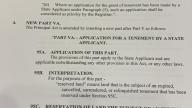This month the government of Papua New Guinea (PNG) proposed amendments to the Mining Act of 1992 to give the state a legal basis to “apply for a tenement and develop a mine,” stating that the 1992 Mining Act is “not very clear on State participation.” In particular, the amendment addresses the fact that the 1992 Mining Act “was intended to allow only foreign investors to do mineral exploration and mining in PNG.” The amendments are proposed in the context of Prime Minister Marape’s vision to “Take Back PNG.”
In particular, the amendments will allow the state a “mechanism in law whereby the State may reserve land the subject of an expired, surrendered, cancelled or relinquished tenement over which a new application may be made by the State.” The bill making the amendments is to come into operation immediately upon certification by the speaker of the national parliament.
These amendments are significant in light of the expiration, last year, of Barrick Gold’s 30-year mining permit on the Porgera Joint Venture gold mine in the highlands of Papua New Guinea. Earlier this year the PNG government decided not to renew the lease on the mine. Barrick’s subsidiary Barrick Nuigini Ltd has taken the matter to court in Papua New Guinea.
MiningWatch has provided recent information on the conflict between PNG and Barrick over the Porgera Joint Venture mine and in particular the positions of local human rights defenders, who have raised the issue of egregious human rights and environmental abuses linked to the mine for the past 15 years.
This case is important as it raises once again the biased nature of a wave of mining acts that were enacted in developing countries in the 1990s, frequently with pressure on those countries’ governments by the World Bank. These mining acts invariably provide very favourable conditions for mining by foreign investors, but do not adequately protect the interests of the people of the states that passed them.
For more information contact: Catherine Coumans, catherine@miningwatch.ca
